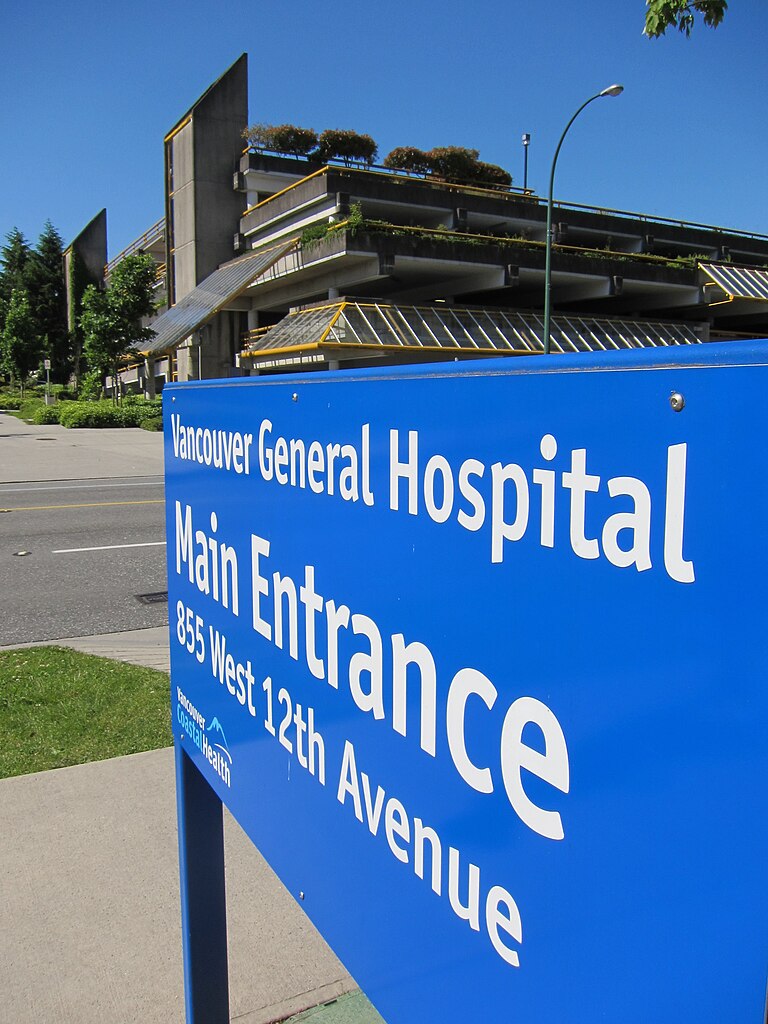531

View of Vancouver General Hospital's main entrance on West 12th Avenue. Photo: Mike/Wikimedia Commons

By Michelle Gamage | The Tyee B.C.’s Hospital Employees’ Union is warning that around 500 of its members may lose their jobs this…
To continue reading this article, you need to join HR News Canada's FREE community.
Sign up for free now at https://hrnewscanada.com/register/hr-news-canada-free-membership/
The Local Journalism Initiative (LJI) supports the creation of original civic journalism that covers the diverse needs of underserved communities across Canada.

HR News Canada is an independent source of workplace news for human resources professionals, managers, and business leaders. Published by North Wall Media.
©2026 All Right Reserved. Designed and Developed by North Wall Media